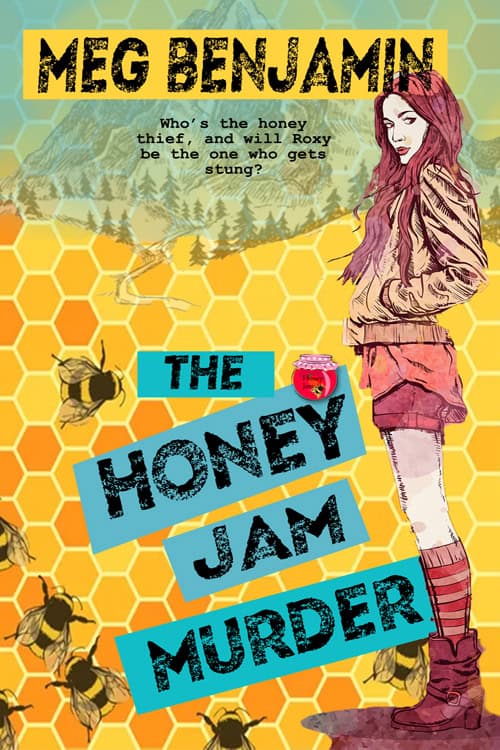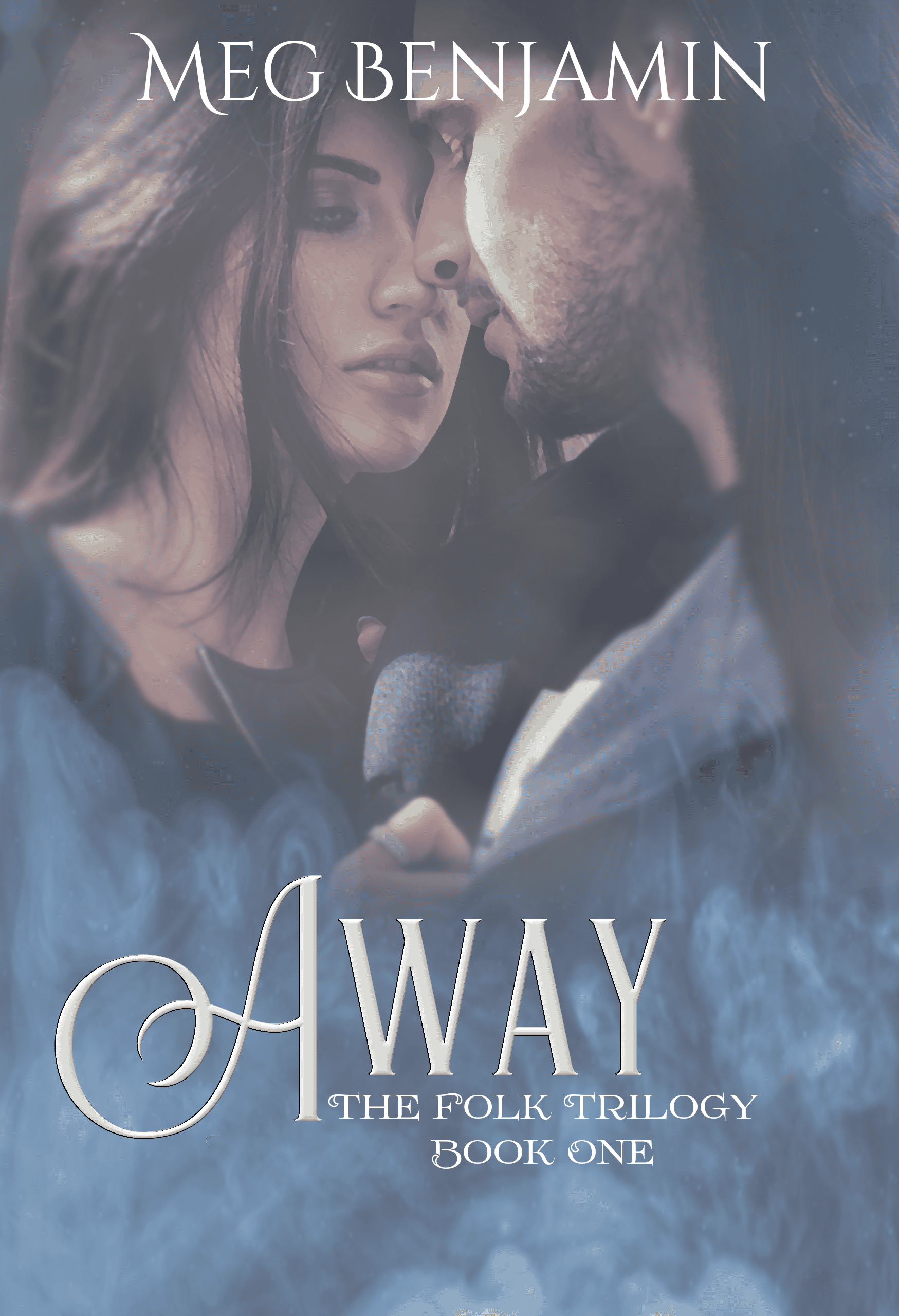The Usage Swamp
 My editor hates the phrase “stand up.” She’s also not crazy about “sit down.” In both cases she cuts “up” and “down,” I guess because she considers them unnecessary. Since I know she’s going to cut them, I’ve tried not to use them when I write, having my characters stand and sit without supplying the direction. But I have to admit I find it very difficult.
My editor hates the phrase “stand up.” She’s also not crazy about “sit down.” In both cases she cuts “up” and “down,” I guess because she considers them unnecessary. Since I know she’s going to cut them, I’ve tried not to use them when I write, having my characters stand and sit without supplying the direction. But I have to admit I find it very difficult.
Also unnecessary. I’ve checked every usage guide I own, from the ridiculous (Strunk and White) to the sublime (Webster’s Dictionary of Usage), and I can’t find any rule regarding the use of “stand up” or “sit down.” Bottom line: apparently, it’s not a mistake, it’s a preference.
That’s typical of the whole mess that is language use, or “usage” for short among us English teachers (and copy editors). Rules for punctuation and spelling are pretty reliable, not that these things don’t change, but they change so slowly that it’s possible to keep up with them. Usage, on the other hand, is the most fluid part of language. It includes things like flammable versus inflammable or hopefully used to mean we hope so. It’s also the part of language that causes the greatest and most vicious controversy. Most of the pop writing guides from people like Edwin Newman are directed in part toward usage, and a lot of them sound like the authors are holding the door closed against the onslaught of barbarians.
But the problem is that it’s very difficult to stop language change. In fact, it’s pretty much impossible. Which means railing against it is a waste of energy, but that isn’t going to stop anybody from doing it anyway. Face it—you’ve got your own sore spots, right? For years as an English teacher I fought a losing battle against because of the fact that and reason is because. I still hate these phrases, but I don’t kid myself that they’re going to disappear any time soon.
So back to sit down and stand up. What am I going to do about it? Nothing. Back when I was a copyeditor, I worked for an editor who refused to accept dove as a past tense for dive (it was an underwater photography magazine, so that word came up a lot). Now I could show her lots of usage guides that would have assured her that dove was, in fact, perfectly acceptable. But it wouldn’t have made any difference. She didn’t want the word used, and that was that. Similarly, Ruth Reichl talks about fighting with the New York Times over using the word lit—the Times insisted that the past tense of light is lighted, and that was that.
If you get caught in a usage war, my feeling is that it’s best to just let it go. Except of course for shined. Geez Louise, don’t people realize the right word is shone? I tell ya, sometimes I think the English language is headed straight to the dogs.
Posted in Blog • Tags: language usage, On Writing | 2 Comments









This reminded me of one of my favorite old TED talks on lexicography, http://blog.ted.com/2007/08/30/redefining_the/
Oh I love this!